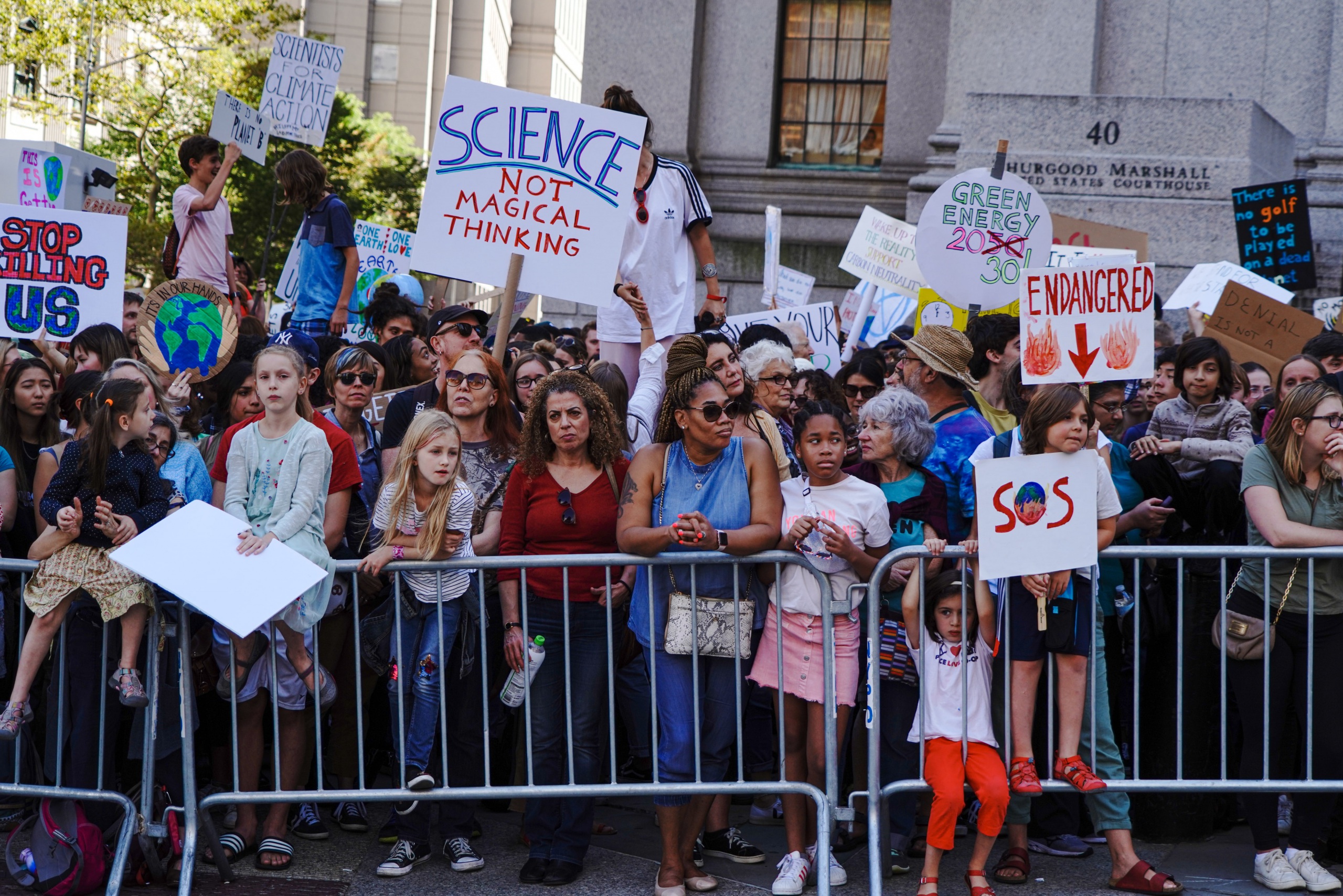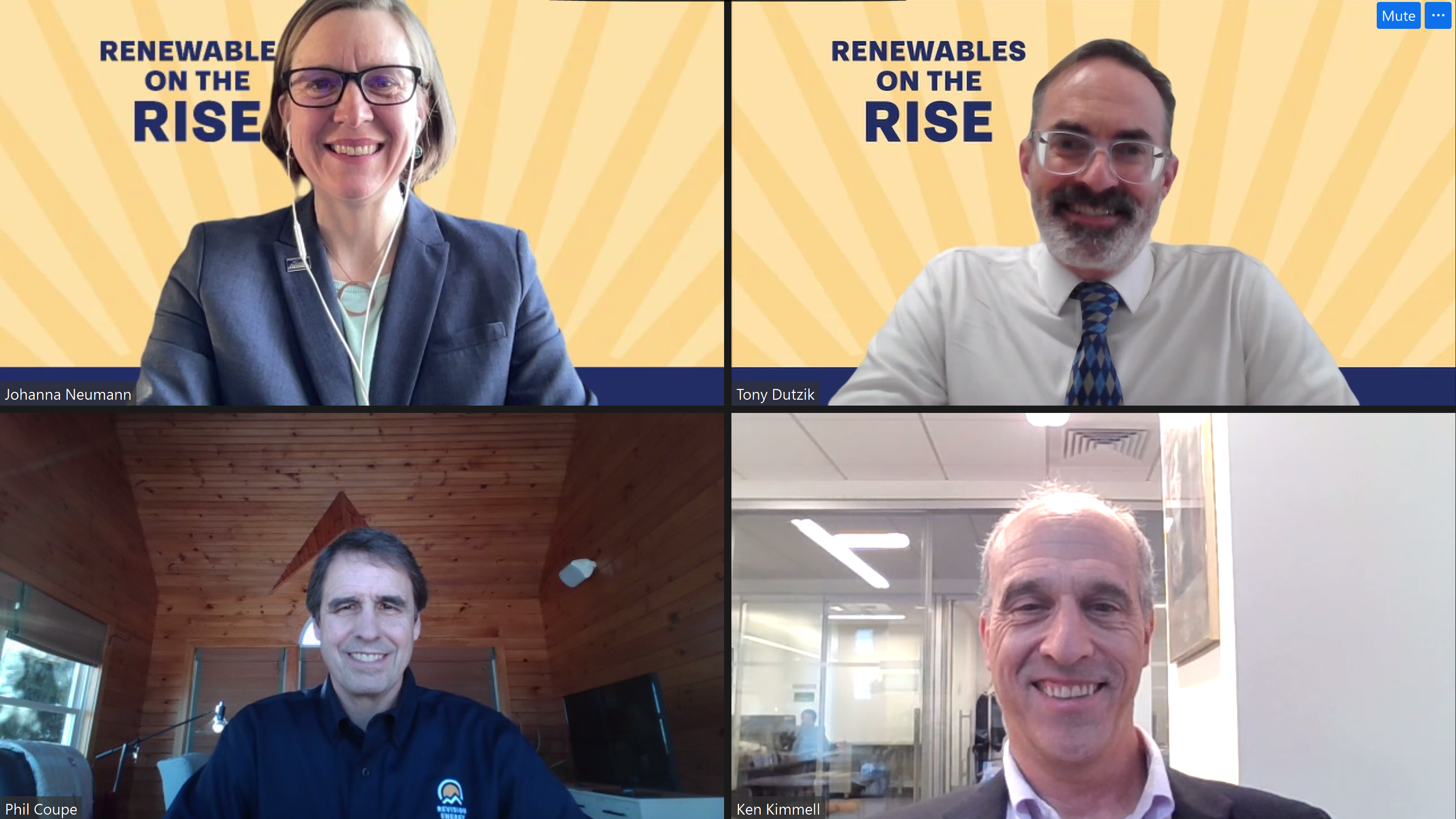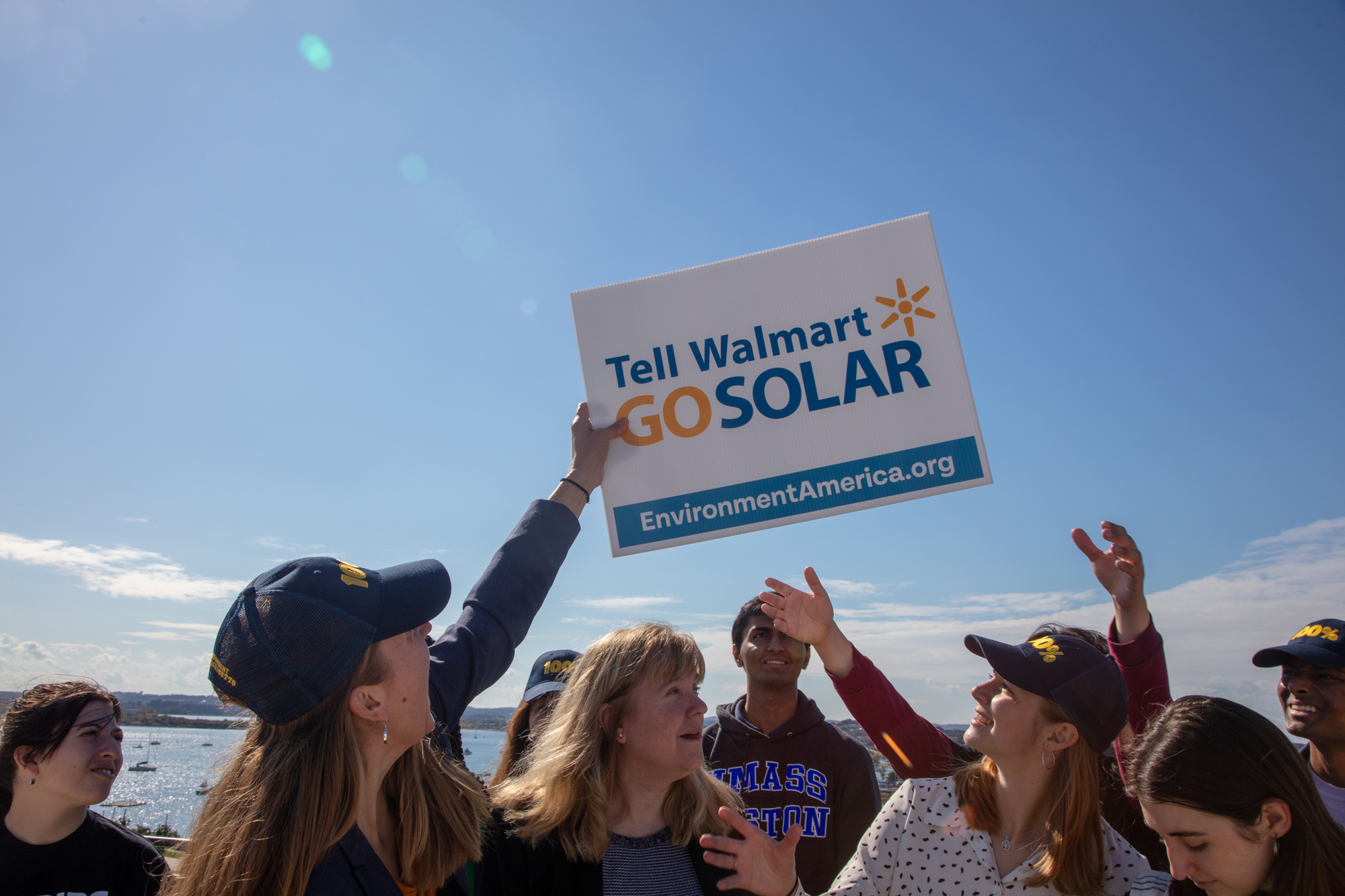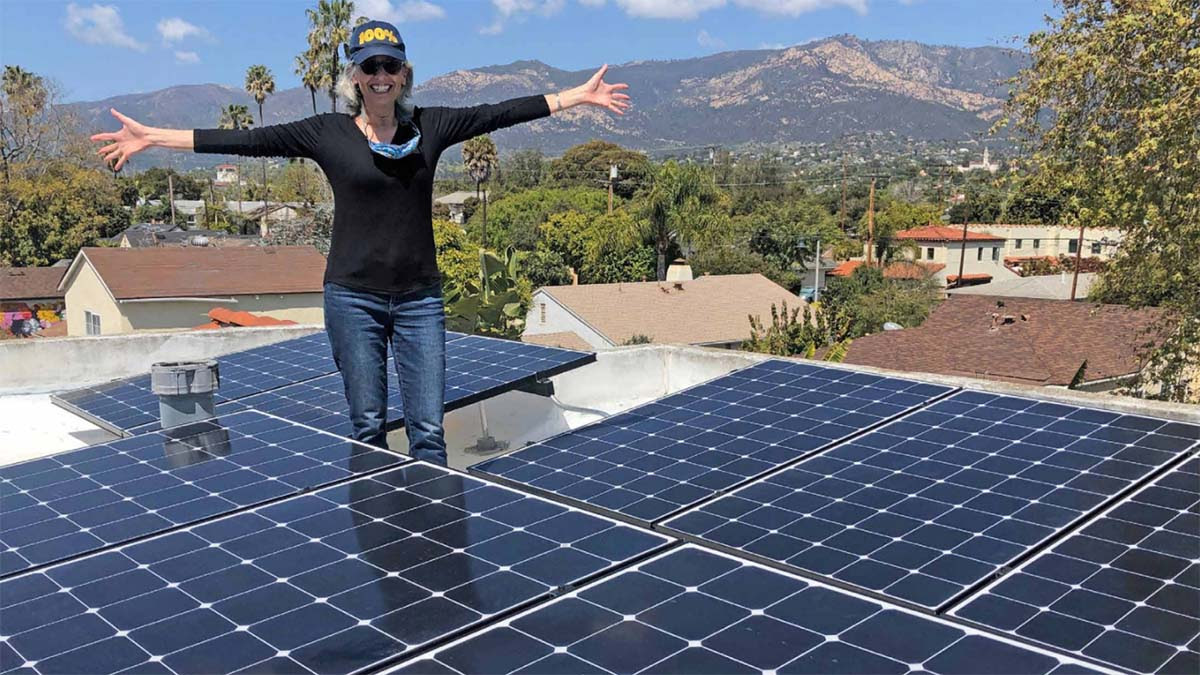Portland Public Schools takes action on climate
On March 1st, 2022, the board of Portland Public Schools unanimously adopted its Climate Crisis Response Policy, which is one of the most ambitious climate policies in the country. Here's a quick roundup of what's in it.

On March 1st 2022, the board of Portland Public Schools (PPS) unanimously adopted its Climate Crisis Response Policy, and with it bold and sweeping climate action. This process was started a few years ago when students urged PPS to take action and be leaders on the climate crisis. With the help and input of students, staff and outside organizations, PPS is leading through example on how school districts can focus on students’ futures not only through academia, but also by mitigating and adapting to the climate crisis.
Between a net-zero emissions goal by 2040 and numerous youth education and leadership opportunities, the PPS Climate Crisis Response Policy is ambitious and thorough. Here’s a look inside:
Reduce Environmental Impacts and Costs
The policy first addresses what the school district will do to minimize, and eventually completely halt, its emissions. The strategies all fall under the ultimate objective of going carbon neutral by 2040, with an intermediate goal of 50% reduction by 2030. Climate change mitigation is outlined from the physical building infrastructure, to student and staff transportation, to funding. Some of the goals include:
- Make new buildings more efficient (Ex. LEED Gold, Net Zero)
- Prohibit gas-fired equipment and infrastructure in new buildings and phase out existing infrastructure in schools by 2040
- Transition to lower carbon intensive building materials
- Design and renovate buildings to be more resilient to heat, smoke, flooding, ext
- Limit waste (recycling, waste prevention, food waste tracking, ext)
- Divest banking investments from fossil fuel industries
- Increase tree coverage, depave spaces, implement rainwater collection and rain gardens, and phase out pesticides and herbicides
- Establish incentives to walk and bike
- Provide all students with city bus passes
- Move all contracted vehicles to electric or low emissions vehicles
- No idling policy; reroute buses to be most efficient
Health and Wellness
In addition to mitigation, the policy includes adaptation and community wellness measures. The following goals focus on ensuring that schools and the surrounding communities are prepared and protected from climate disasters and effects. Special attention is paid to the communities that are most impacted by those climate emergencies and ensuring that they have access to relief resources, and education materials. Some of the goals include:
- Include climate change impacts (fires, floods, smoke) in school decisions and planning
- Ensure that students and workers are protected from climate disasters (fire, smoke, pollution)
- Invest in walking and biking infrastructure on school properties
- Prioritize local, organic, and seasonal foods in cafeterias
- Coordinate relief resources to communities most impacted by extreme heat and bad air
- Distribute accessible and culturally appropriate information to help families prepare for the effects of climate change
- Incorporate climate justice priorities and climate resilience into long term facility planning
- Host climate related emergency preparedness events for communities, staff, students
Provide Effective Environmental and Sustainability Education
Lastly, this plan ensures that Portland’s youth are empowered to act on the climate crisis by equipping them with necessary skills and leadership experiences. Schools will provide information on climate change, its causes and impacts, and climate justice centered solutions. Youth leadership, initiatives and advocacy will be supported and prioritized across the school district. Some of the goals include:
- Provide all staff relevant information on climate change, climate justice, climate impacts and solutions
- Implement a sustainability liaison in every school
- Prioritize providing resources, and education to schools with the most vulnerable populations
- Support youth leadership, create opportunities with BIPOC students
- Support student lead climate justice, action and resiliency initiatives
- Support students and staff participation in non-partisan advocacy
Schools boards across the country are realizing that nurturing the future of youth goes beyond the classroom, and includes protecting their right to a livable planet. PPS is taking a leadership role in Oregon by adopting this bold climate policy. As the largest district in the state, PPS is leading by example in addressing the climate crisis by committing to reducing its impacts and emissions, equitably prioritizing community and student health, and ensuring the next generation is equipped with skills and leadership experience to lead the transition to a zero carbon future. We are excited to see these goals begin to be implemented, and hope that school boards across the state and country will follow suit.
Photo by Katie Rodriguez on Unsplash
Topics
Authors
Jessie Kochaver
Find Out More

Key takeaways from Renewables on the Rise: Success Stories

Which 10 American retailers can lead the way on rooftop solar?

More rooftop solar, less red tape


